Integrated AMR: From Genomic Analysis to Clinical Application - Africa & Asia
15–20 September 2024
KEMRI-Wellcome Trust, Kilifi, Kenya
Enhance genomic surveillance for antimicrobial resistance with hands-on laboratory and bioinformatics training.
Summary
Course Summary:
Implementing genomics is increasingly critical for effective surveillance of antimicrobial resistance (AMR), requiring the development of infrastructure and capacity through intensive training of scientists and healthcare staff.
A Clinically Oriented Antimicrobial Resistance Network (ACORN) is a Wellcome-funded, multi-country project aiming to establish clinical-based AMR surveillance in 15 sites across 9 African and Asian countries. The project focuses on bacteria that are highly prevalent as global AMR pathogens in both community- and hospital-acquired infections, including E. coli, K. pneumoniae, S. aureus, and Acinetobacter spp., the latter due to its rapid acquisition of multi-drug resistance mechanisms. Whole genome sequencing (WGS) offers a comprehensive and precise method for obtaining genetic data needed for accurate subtype classification, improved epidemiological investigations, and effective surveillance.
Building upon the hospital network and genomic infrastructure developed by the project partners, ACORN, in collaboration with Wellcome Connecting Science Learning and Training Programme, and the KEMRI Wellcome Trust Research Programme, introduces a week-long course covering genomics of AMR for bacterial pathogens. This course will include practical laboratory sessions using next-generation sequencing technologies, along with hands-on bioinformatics sessions for downstream data analysis for detecting resistance and identifying transmission patterns. Additionally, the course will dedicate time to capacity development strategies, considering existing and upcoming genomic implementation workflows, identifying gaps, and ensuring sustainability.
Target audience
This course is strictly by invitation to ACORN members from the various sites of operation nominated for this training, as well as additional delegates from the host institute.
Programme
Programme:
The course will cover the following topics:
- The end-to-end pathway of the application of genomics in ACORN sites
- The importance of sampling and storage of isolates (hospital vs community acquired, drug-resistant vs susceptible), and its impact on genomic data
- The use of genomic analysis in outbreaks and AMR, using a real outbreak scenario
- Implementing whole genome sequencing for infection prevention and control
- Performing sequencing and analysis of sequence data for making clinical associations covering both Illumina short read sequencing and Oxford Nanopore long read sequencing.
- Genomic data analysis and quality control from short and long read assembly to detecting resistance
- Utilising tools developed by the Centre for Genomic Pathogen Surveillance (CPGS) such as Pathogen Watch, as well as other freely accessible tools for AMR analysis
- Analysis and visualisation through the generation of phylogenetic trees
- Clinical interpretation of genomic data and how to present results for different audience groups.
- Building genomics capacity for AMR with a specific focus on workflows and sustainability.
The programme will also include a mandatory introductory Linux pre-course module to be completed before the start of the course.
Learning Outcomes:
By the end of this course participants will be able to:
- Identify which sequencing techniques are suitable for their specific diagnostic application/laboratory
- Perform DNA extraction and sequencing protocols using both long and short read technologies
- Generate phylogenetic trees for AMR using the relevant data and software
- Analyse and interpret genomic data from clinical isolates for AMR surveillance
- Identify the next steps to incorporate genomic techniques for the continuation of site-specific ACORN projects
Instructors and speakers
Scientific Organising Commitee
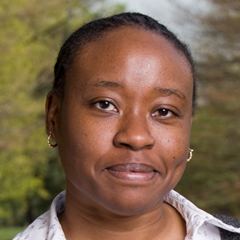
Iruka Okeke
ACORN, Nigeria
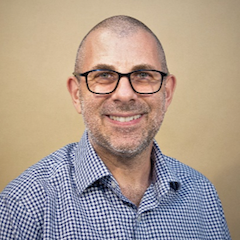
Paul Turner
ACORN, Cambodia

Rogier Van Doorn
ACORN, Vietnam

Trinh Son Tung
ACORN, Vietnam
Training Team

Anne Amulele
KEMRI Wellcome Trust Research Programme, Kenya
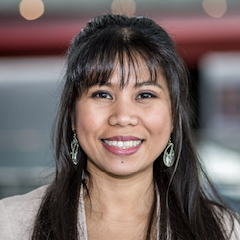
Arun Decano
University of Oxford, UK

Julio Diaz
University of Oxford, UK
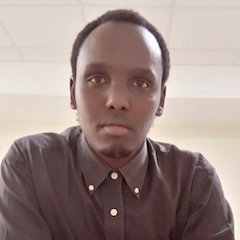
Collins Kigen
KEMRI, Kenya
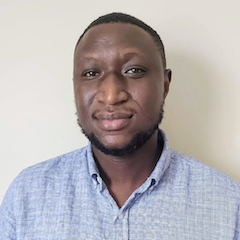
Stanford Kwenda
NICD, South Africa

Agilakumari Pragasam
OUCRU, Vietnam

Linnytiffan Ndumba
KEMRI Wellcome Trust Research Programme, Kenya

George Githinji
KEMRI Wellcome Trust Research Programme, Kenya

Donwilliams Omuoyo
KEMRI Wellcome Trust Research Programme, Kenya
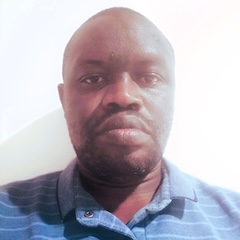
Wilson Gumbi
KEMRI Wellcome Trust Research Programme, Kenya
Organising Team
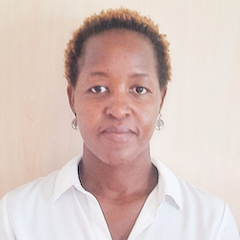
Susan Wangui
KEMRI Wellcome Trust Research Programme, Kenya

Jew Ochola
KEMRI Wellcome Trust Research Programme, Kenya

Cassandra Soo
Wellcome Connecting Science, UK

Isabela Malta
Wellcome Connecting Science, UK

Martin Aslett
Wellcome Connecting Science, UK
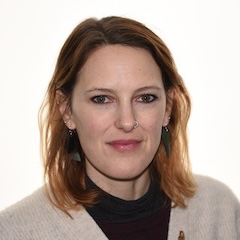
Scarlett Storr
Wellcome Connecting Science, UK

Aaron Dean
Wellcome Connecting Science, UK

Alice Matimba
Wellcome Connecting Science, UK

Michelle Bishop
Wellcome Connecting Science, UK
How to apply
This course is strictly by invitation to ACORN members from the various sites of operation nominated for this training, as well as additional delegates from the host institute. Selected participants will receive invitations by e-mail.
Cost
Cost
The course is subsidised by ACORN, and Wellcome Connecting Science and is free to attend.
Bursaries
ACORN & WCS offer full bursaries for invited participants. Bursaries are offered to assist with travel, accommodation, and living expenses during the course.
Accommodation services phishing scam – please be vigilant. More information.

